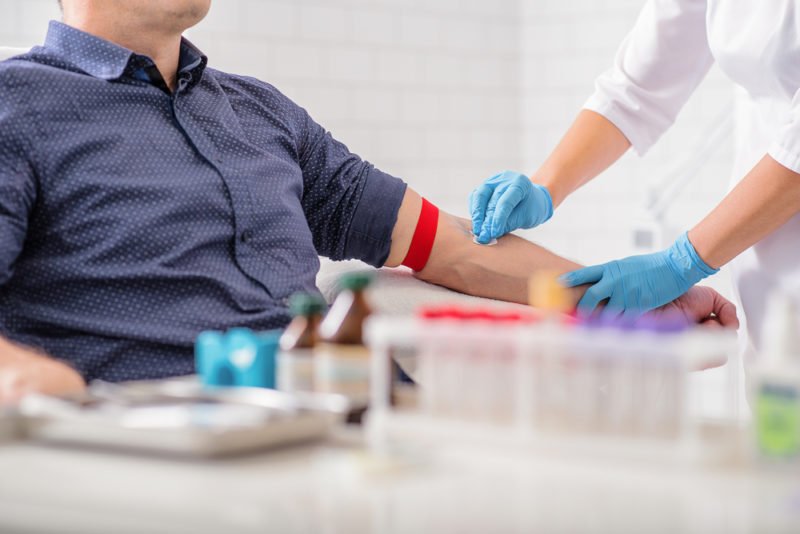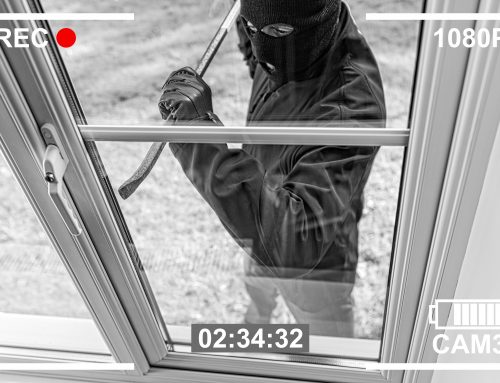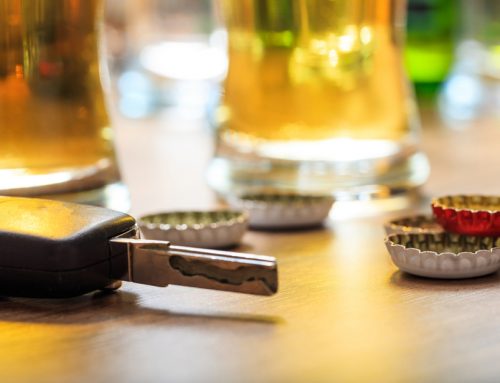A popular misconception is that DWI blood test results are accurate, and therefore you simply can’t contest them. In reality, though, blood tests are just as flawed as other types of DWI tests. So what factors can affect the validity of a DWI blood test?
If you have been arrested for a DWI, or were given a DWI blood test, an experienced New Jersey DWI lawyer can help you challenge the results. Contact Samuel Louis Sachs Esq LLC for more information about your case.
1. Condition of Your Blood Sample
A DWI blood test is often performed with the belief that the blood in the tube is the same condition as that in the vein of the person who has been arrested. However, that is not always the case. Many factors can impact the condition of the blood collected, making it an unreliable model of the blood in the person who was allegedly under intoxication.
Blood Collection
Improper collection of the blood specimen could compromise the integrity of the sample. The collection of the blood, or the draw, can impact the integrity of the blood in the tube. In fact, studies indicate that blood draw errors can result in a false positive BAC level as often as 50 percent of the time.
When conducting a DWI blood test, the blood draw is extremely sensitive. Someone with a medical background and significant training should be handling the procedure. However, most of the people collecting blood for DWI blood tests have little more than 40 hours of course training and 40 hours of on the job training. They may not really understand the medical aspects of collecting blood for a DWI blood test.
Blood Storage
The way blood is stored and maintained for a DWI blood test is also important. When blood is not stored properly, nearly all blood samples will show inaccurate results. Blood specimens with improper storage can suffer from fermentation because of the yeast, bacteria, and sugar that occurs naturally in the blood. Fermentation results in a higher level of alcohol in the blood. Thus, all DWI blood tests that are not stored properly are likely to have false high positives.
2. Problems With the Testing Itself
DWI blood tests are typically conducted with a machine called a Gas Chromatograph. However, this machine is extremely difficult to use properly and improper testing can result in false positives. The methods used by the Gas Chromatograph can cause compounds in the blood to respond to the testing solvents inaccurately. Oftentimes, the machine falsely measures alcohol levels in blood and do not reflect the actual level of the blood in the arrested person. Further, any delay in testing can also result in an inaccurate DWI blood test result.
3. Forensic Labs’ Lack of Error Reporting
All scientific laboratories report on the error rates of their tests. However, the forensic labs that conduct DWI blood tests have not actually determined the rate of errors involved in their testing processes. It is impossible to have a perfect test, so the forensic labs that are conducting BAC tests lack the key element of error reporting that is necessary to determine accuracy in DWI blood tests.
The labs that are reporting on their errors are often not doing so accurately. In order to properly report the uncertainty range associated with DWI blood testing, the lab must continuously update results. Very few of these labs conduct continuous reports or upkeep their results.
DWI blood tests are sensitive and susceptible to inaccurate results. However, most labs don’t report on their inaccuracies. This makes them less than reliable in a scientific environment. They either do not have the competency or level of expertise necessary to conduct reliable DWI blood tests.
Contact a DWI Defense Lawyer with Questions About Your DWI Blood Test
If you submitted to a DWI blood test after an arrest, then you should contact a New Jersey DWI attorney right away. You may think that your results indicate that you were intoxicated; however, we can challenge those results and help you overcome a DWI charge. Call Samuel Louis Sachs Esq LLC today for help with your case.






